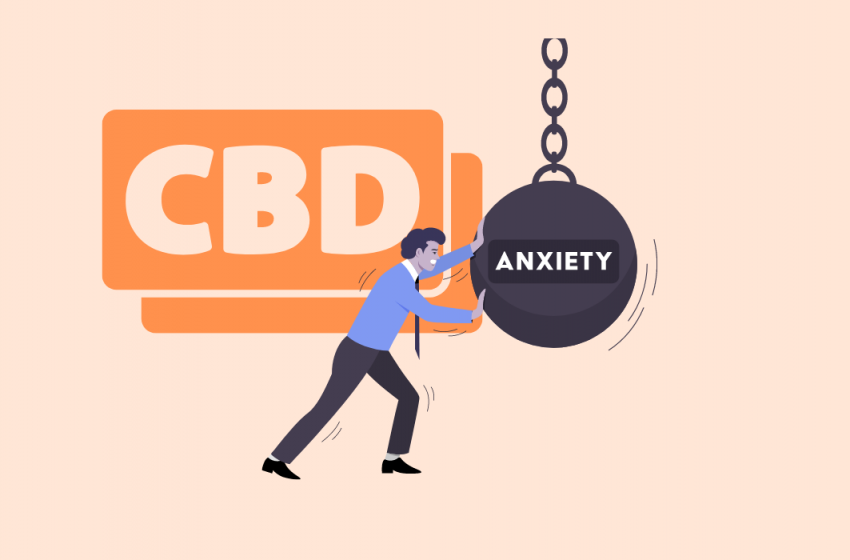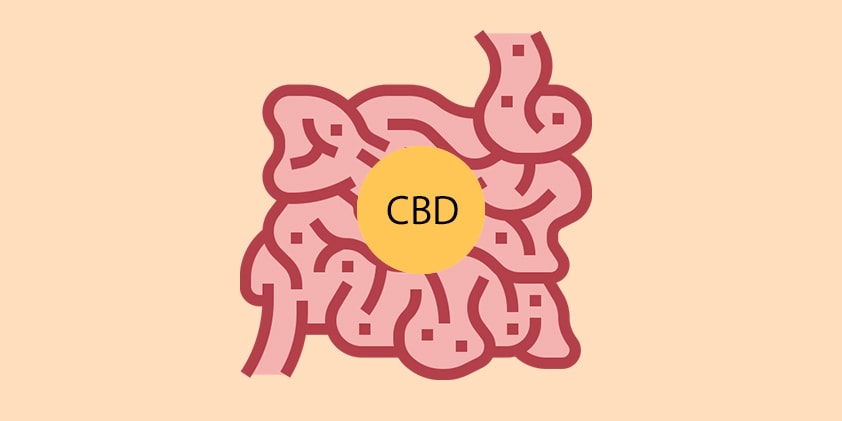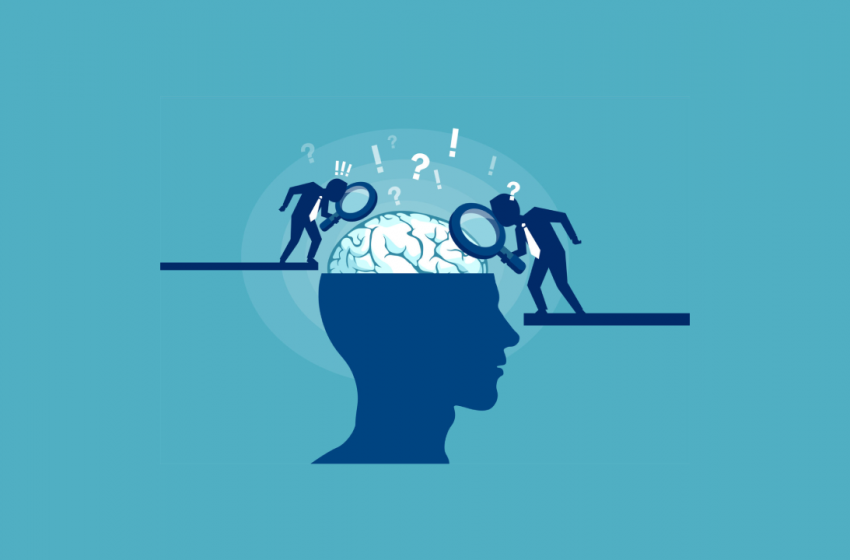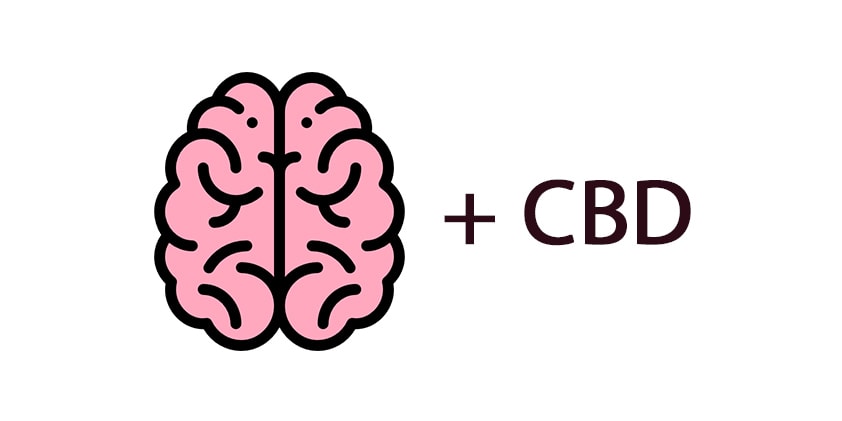The Benefits of CBD on the Endocannabinoid System
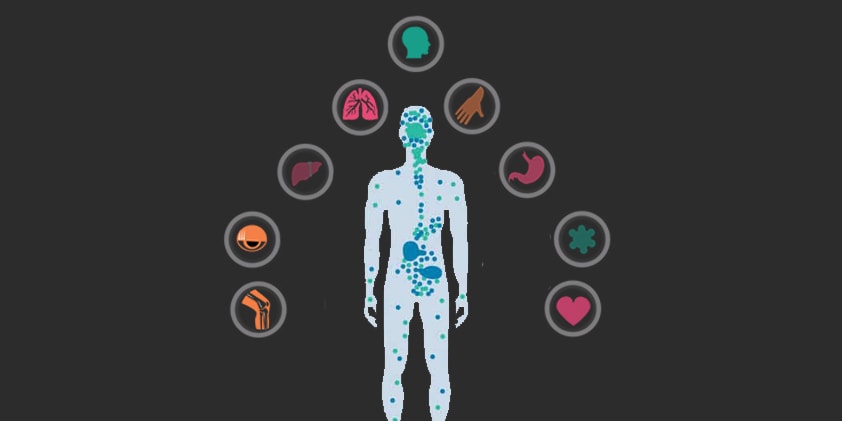
CBD can be used to treat many types of illnesses and conditions such as acne, diabetes, and cancer. It boasts a number of benefits like pain relief, reduced anxiety, and heart health. The endocannabinoid system (ECS) is a complex system that regulates the immune system response, memory, digestion, appetite, motor function, pain, inflammation, blood pressure, and bone growth. It helps the body run smoothly.
Both THC and CBD are cannabinoids derived from the cannabis plant. They are only two of more than 100 cannabinoid compounds found in the plant. These chemical compounds are extracted through a variety of methods, such as CO2 extraction, where the compound is separated from the plant material and then often mixed with a carrier oil. Studies are ongoing, but the benefits of CBD oil have been documented for more than a decade.
Diseases Cured by CBD Oil
CBD is nearly as versatile and the functioning of the complex nervous system and, therefore, improves or treats many types of illnesses. Long used for pain relief, CBD also reduces anxiety and depression, helps with acne, aids memory and learning, contributes to heart health, prevents diabetes, and may help cancer-related symptoms. As studies continue to reveal how CBD affects your body in positive ways, the benefits and usage also increase. Dosage and delivery methods are both important aspects of treating illness; CBD edibles are proving to be a viable option for many people.
Endocannabinoid System and Receptors
The human body is comprised of many different systems, one of which is the endocannabinoid system (ECS). ECS is a complex regulatory system that regulates immune system response, memory, digestion, appetite, motor function, pain, inflammation, blood pressure, and bone growth. Within the ECS, there are three elements: endocannabinoid receptors (CB1 and CB2), specialized molecules that interact with those receptors, and the enzyme that synthesizes or metabolizes these endocannabinoids.
Like serotonin, cannabinoids are neurotransmitters that bind to cannabinoid receptors in your nervous system. CBD functions virtually in the same way by attaching to and mirroring the receptors. It may also promote the body’s natural production of its own cannabinoids. This essentially modulates the flow of neurotransmitters and keeps your nervous system running smoothly.
Possible Side Effects
While CBD has numerous benefits and is a great natural product to treat health issues, it is not completely without risks. Dry mouth, diarrhea, drowsiness and changes in appetite have all been associated with CBD usage. It can also interact with certain medications. Overall, however, CBD is well-tolerated and generally safe to use.
CBD has been studied for quite some time. While more studies are occurring, the findings so far have demonstrated several positive health impacts. The side effects are generally mild although you should be aware of its interaction with other medication. CBD continues to prove its worth despite the skepticism of a small minority.

